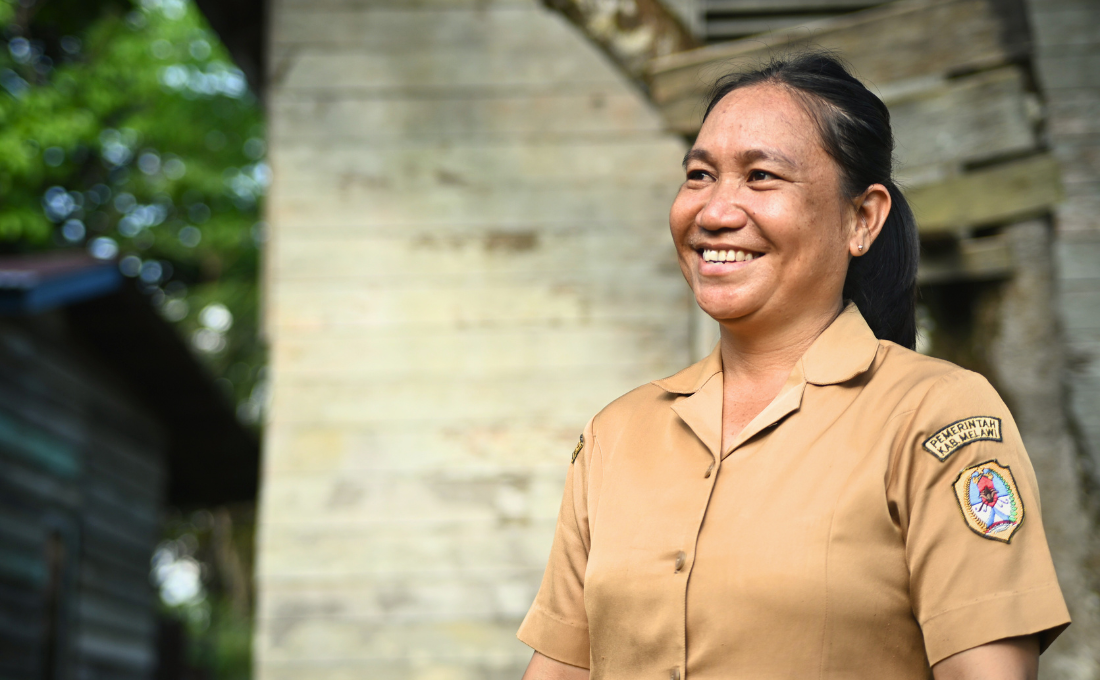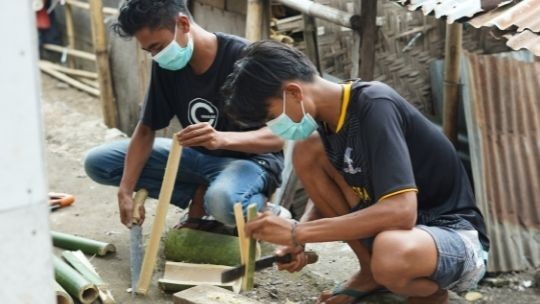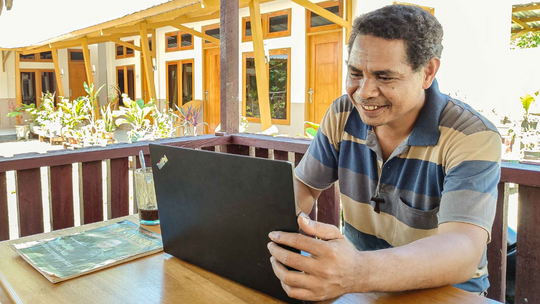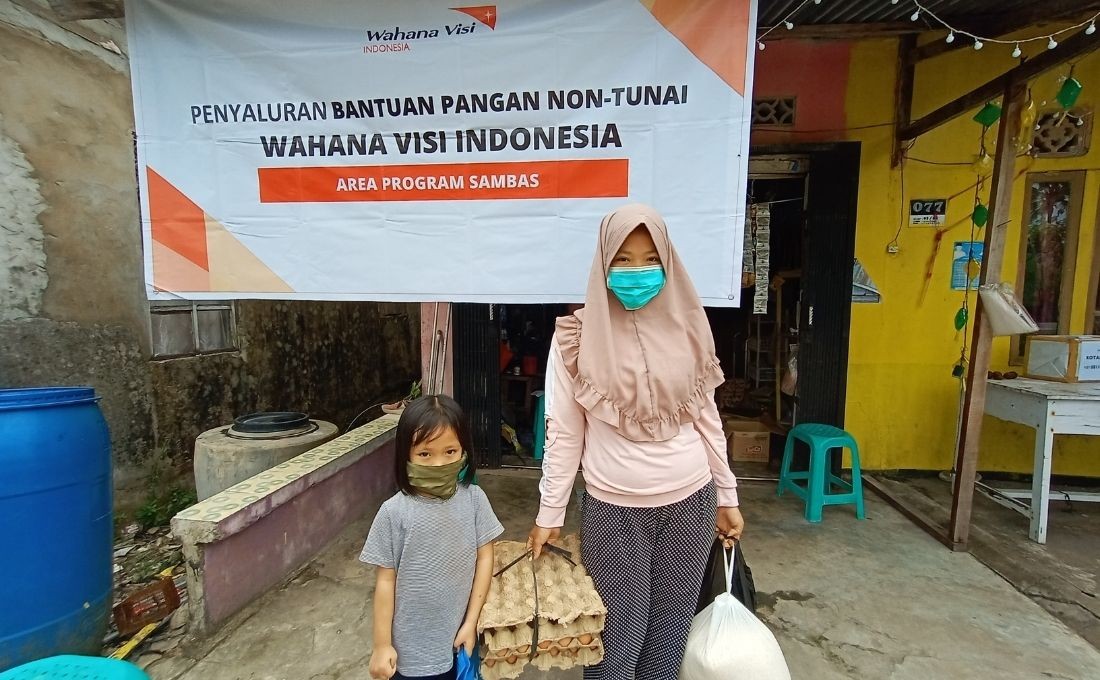The Lifelong Journey of Parenthood: Learning, Healing, and Breaking Cycles

Just like many other roles, being a parent requires continuous learning. The moment a child is born, a father and mother are also born. It’s not just about learning the latest parenting techniques, but also about learning every day to be a more present father and a more patient mother. It’s about understanding that every child is different, and that a child will change; they won't remain a small child but will grow towards adulthood.
Being a father and mother is also a role that demands courage. Positive parenting begins with a journey back to their own childhoods, acknowledging wounds that need to be forgiven and disappointments that need to be released. Parents need to assess whether the parenting styles they experienced are still relevant for their children today. How can they avoid repeating unhealthy parenting legacies? Do new insights into modern parenting suit their children? Parents need to learn all of this every day. There’s no fixed formula in parenting, but there’s a fundamental, non-negotiable principle: in parenting, the rights and responsibilities of both children and parents must be fulfilled properly.
For fathers and mothers living in Indonesia's most remote villages, unhealthy parenting legacies persist due to limited access to information about positive parenting. What parents did in the past becomes accepted as truth, even if it's not necessarily right or good for children in the next generation. As a result, more children are raised with harsh parenting and minimal affection, and when they become parents, the repeat the same parenting style.
"My father raised us five siblings harshly, and even now, it's still like that. He was rough, always hitting and punishing us. I used to feel that this kind of upbringing made us five independent. I thought I could apply this to my own children, hoping they'd become independent," said Tina, beginning her story. She is a mother of two pre-teen boys.
With such a father figure, little Tina was always reluctant to bother her parents. This became a shortcut for Tina to minimise the possibility of making mistakes in her father's eyes. As a child, Tina was used to earning her own money to cover her daily living expenses. As a mother, Tina felt that what her father did to her eventually bore good fruit because she became an independent adult woman, even serving as a Village Secretary. However, when she applied this parenting style to her two sons, they didn't become independent. Her children became distant from her, just as little Tina had kept her distance from her father.
"One of my sons even protested, 'Why is Mum always angry with Abang?' He even called me 'Mak Lampir' because I was always scolding. At that moment, I thought, 'What else can I do? I've been raising him harshly from the beginning,'" she recounted. Tina continued, "When I get angry, whatever I'm holding, I use to hit the children. Sometimes it leaves marks on their bodies." Unbeknownst to her, Tina was repeating what she experienced as a child with her own children now. The old parenting style she knew and tried to apply only caused disappointment in her heart, and even more so in her children's hearts.
"I realised that what I was doing to the children was wrong when I joined a parent support group and learned about positive parenting. There was a reflection session in that activity that made me realise what I was doing was not good for my children," she said. Attending these group meetings regularly also opened Tina's eyes to the fact that mothers around her were also in the same confusion, trapped in a type of parenting that had been passed down through generations in their community. They shared the same physical and emotional exhaustion from not knowing how to build a harmonious family. Hearing other mothers around her tell their problems and try to find solutions made Tina realise many things she needed to fix in her family.
After learning about positive parenting, Tina tried to be a better mother. "Slowly, I learned to restrain myself and not use violence like before," she revealed. Tina also began to explore what triggered her emotions and what the root of the problem was. She realised that her previously disharmonious relationship with her husband was one of the main reasons why she so easily vented her anger and violence on her children.
"The emotional wound from my husband hadn't healed, so it was transferred to the children. Over time, I slowly managed to forgive myself and my husband. Now I realise that these emotional wounds should not be passed on to my children," she said.
Being a parent, whether a father or a mother, is a lifelong learning process. The process is not short; sometimes it moves quickly, but often it is very slow. There are moments that make the process feel light, but many are also very difficult. However, learning from Tina, when the awareness to change emerged, she didn't deny it. She made the best use of the support group from fellow mothers in her village. Tina is committed to healing and hopes, "I can be a good mother to my children. More patient in dealing with them, stronger. Whatever their mistakes, I don't have to use violence against them, don't yell. I want my children and husband to love each other, be open with each other, no matter the problem."
Tina and her family live in one of the villages supported by the Wahana Visi Indonesia (WVI) operational office in Melawi Regency, West Kalimantan. In response to child protection issues in the area, WVI collaborates with the village government and local stakeholders to conduct "Parenting with Love" training activities that promote positive parenting within families. This is crucial so that the family becomes the safest place for children, and not the opposite. The hope is that a change in one family's parenting style can spread to other families, eventually building a new parenting culture that contributes to the reduction of child violence cases in Melawi Regency.
Author: Mariana Kurniawati (Communication Executive)



